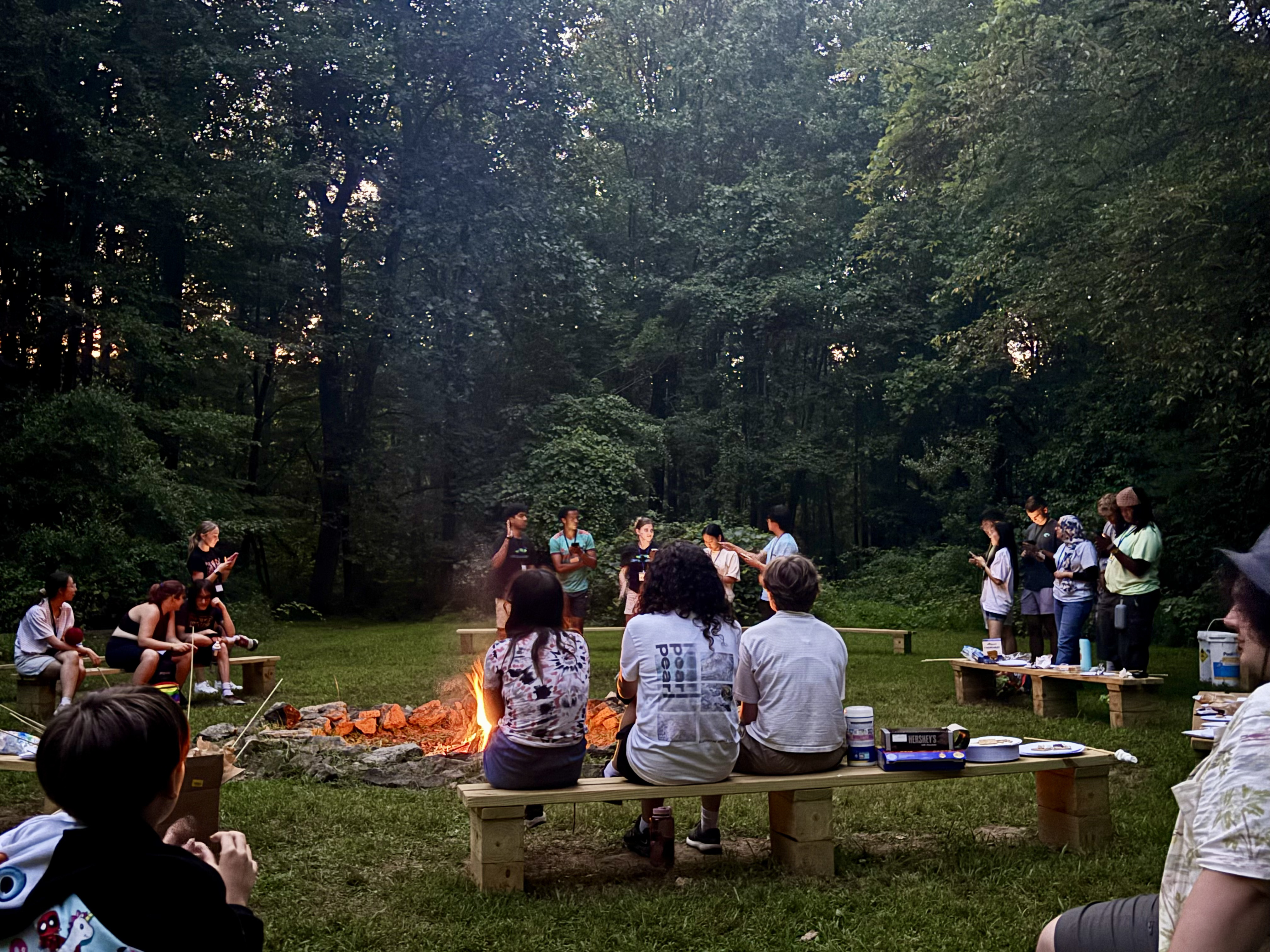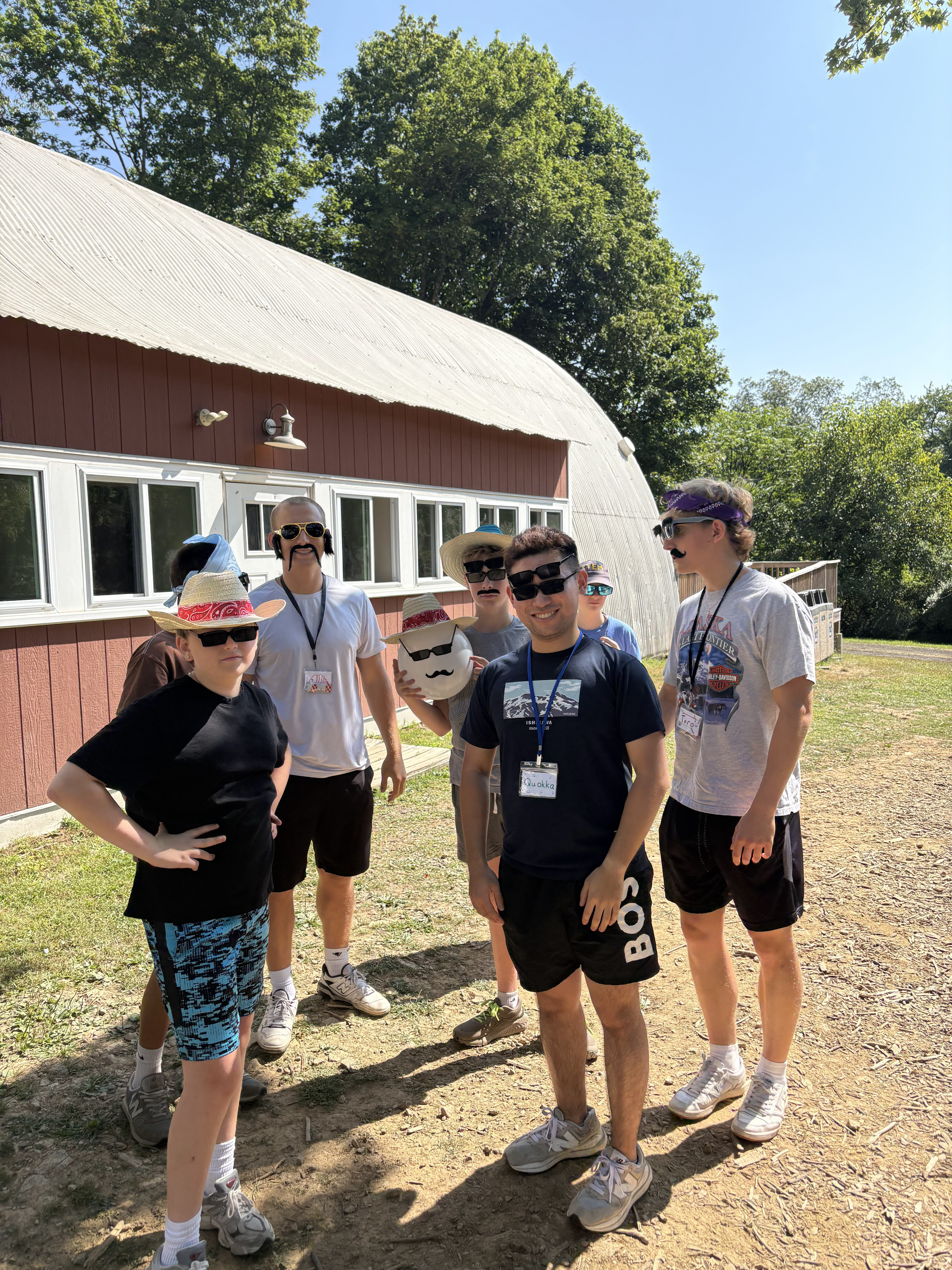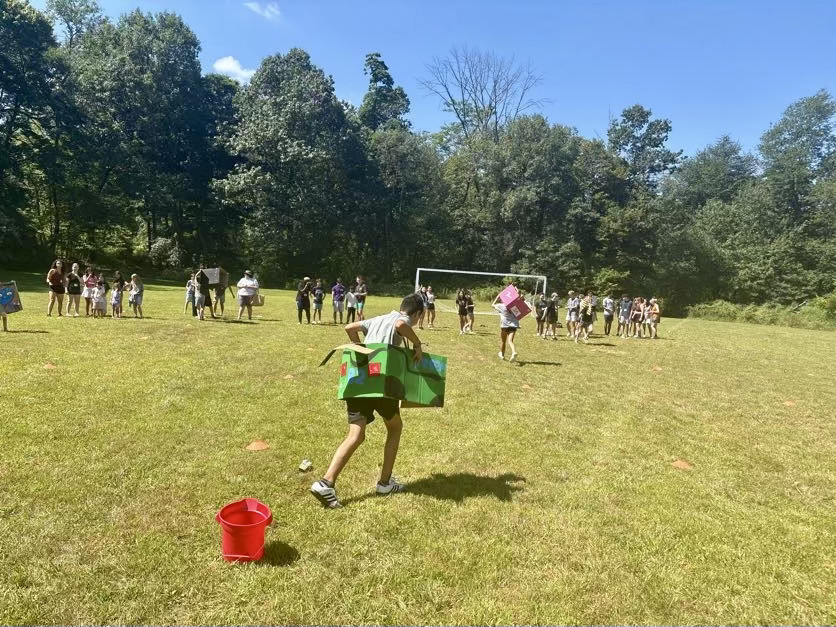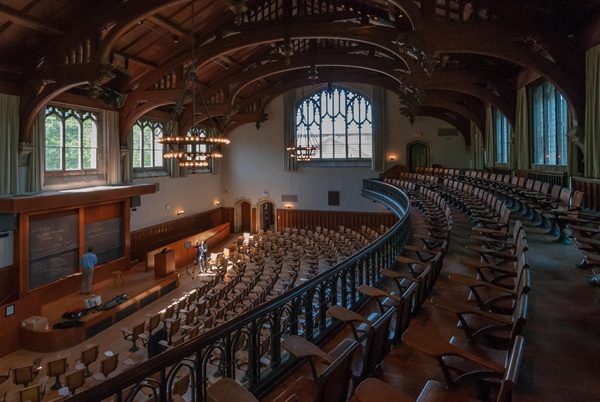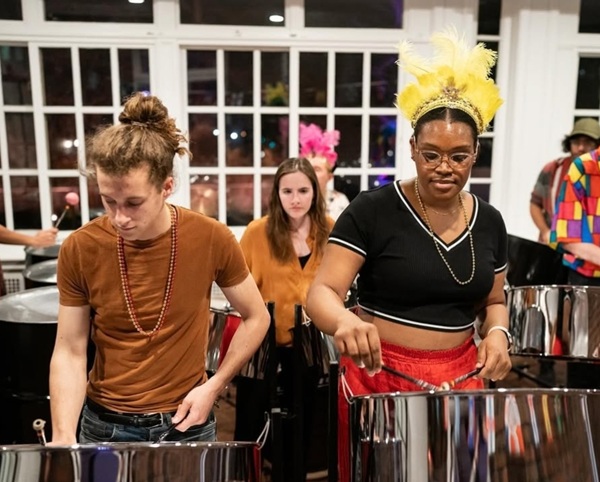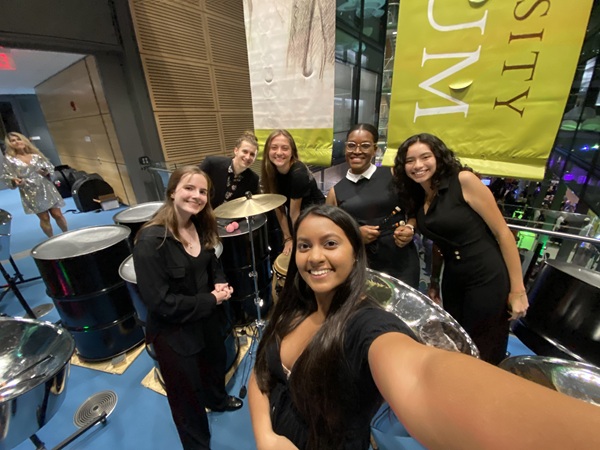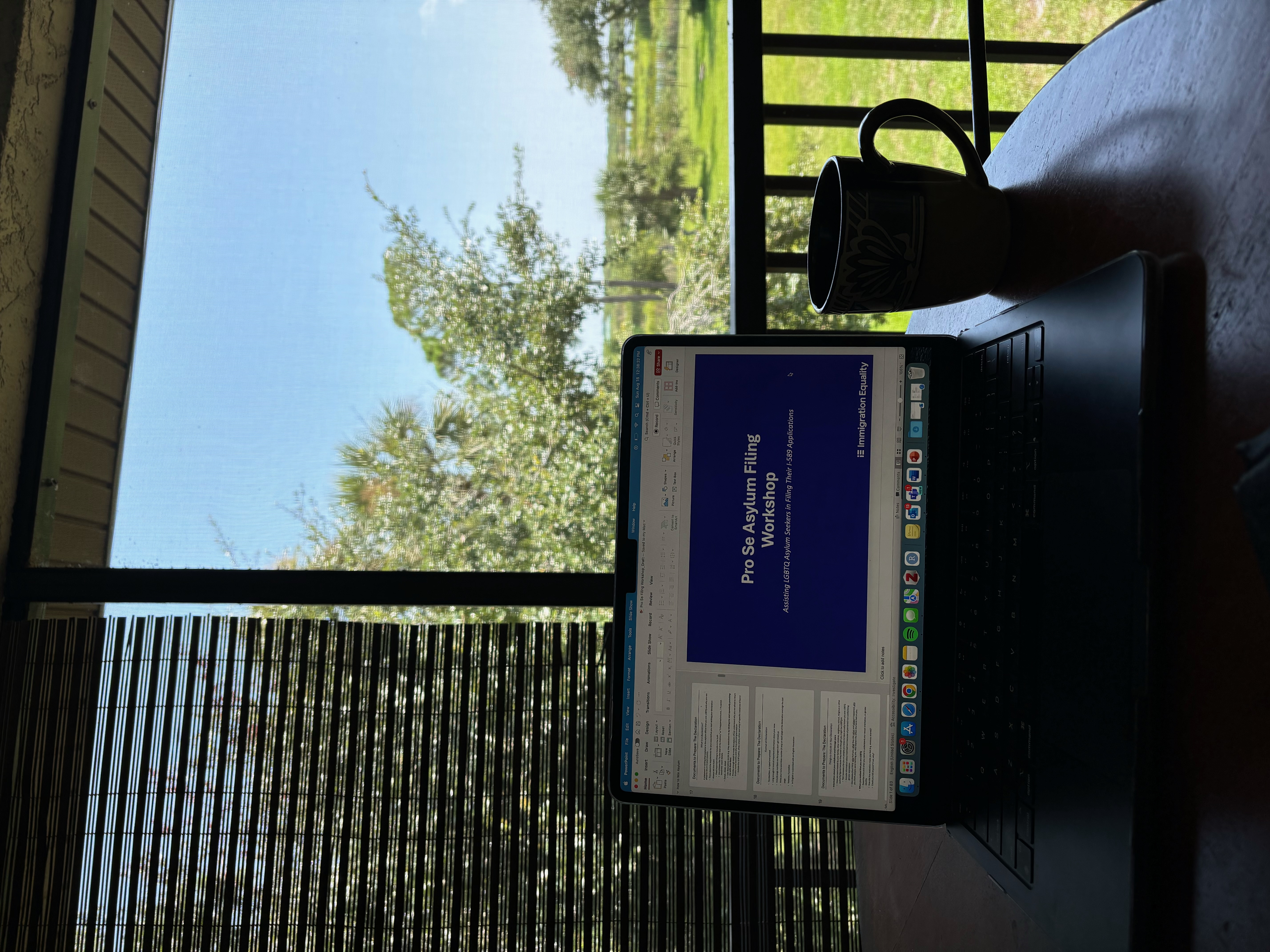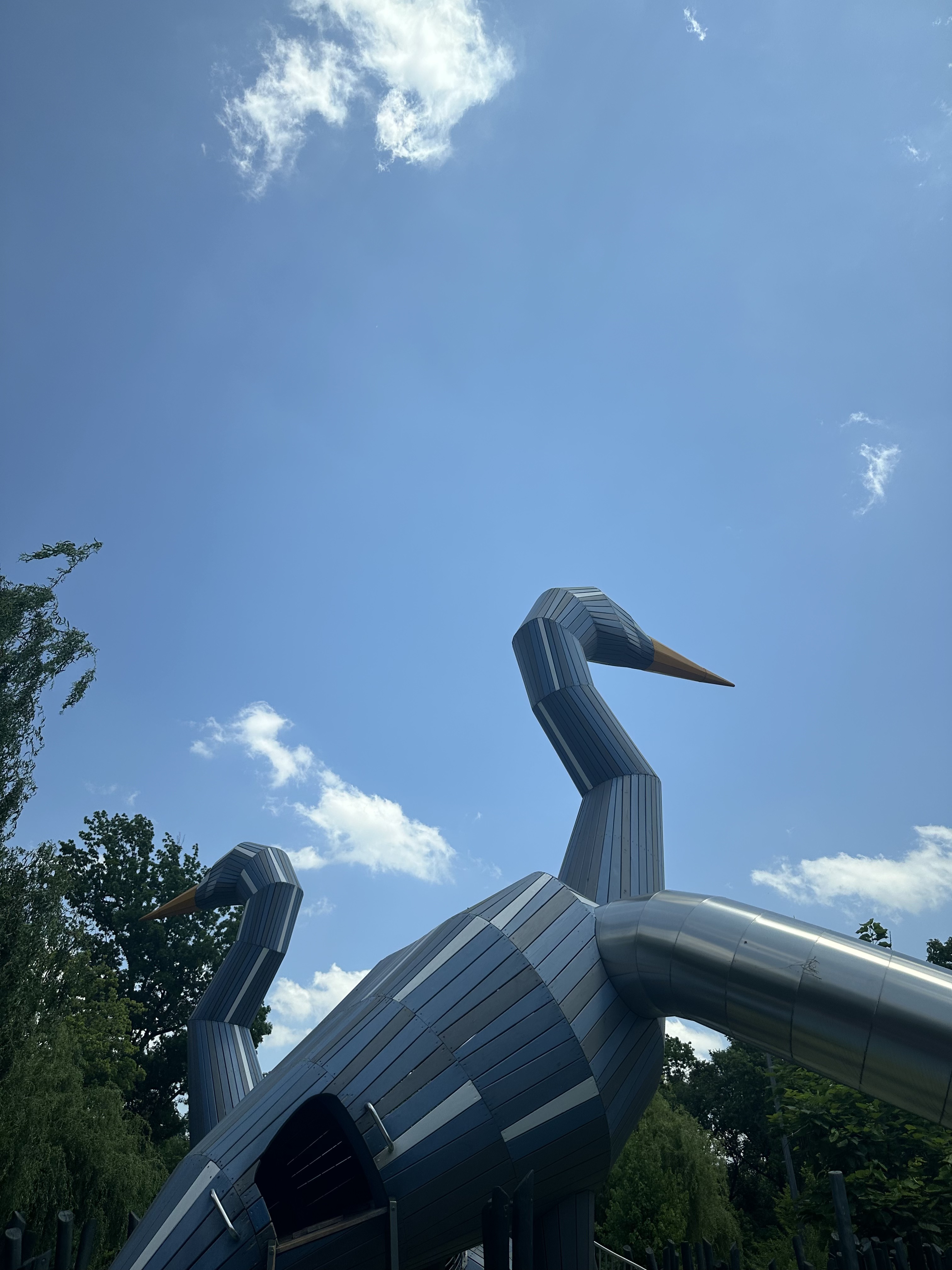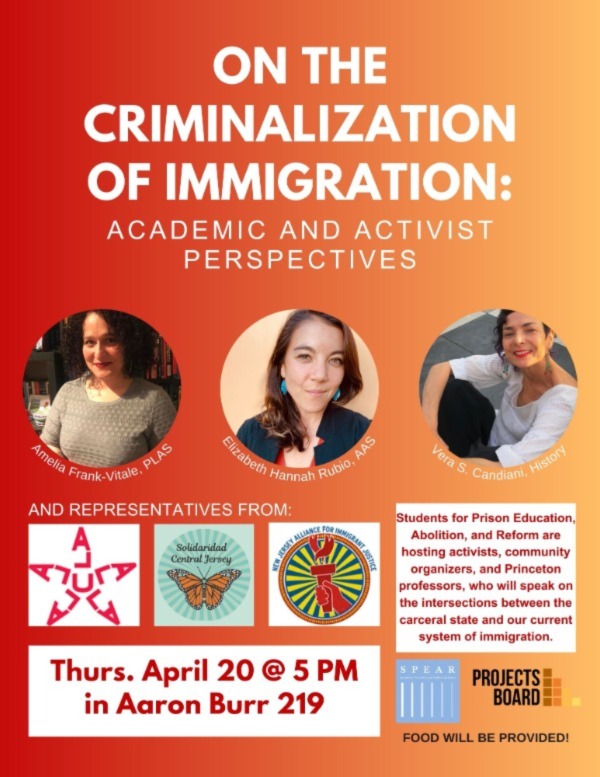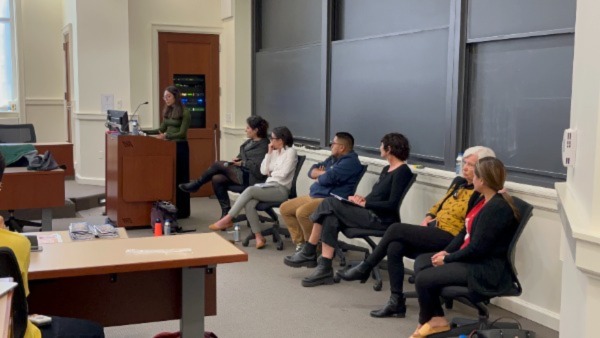Outside the airplane window, thick, cottony clouds blanketed the light blue sky. As I stared at them, I could not help but feel nostalgic about the past four days at Camp Kesem. It felt like an oasis - close yet distant. If you were to ask me what my favorite part of summer was, the delicious Shanghai trip and eye-opening hospital internship in D.C. are strong contenders, but without a doubt, my time at Camp Kesem tops the list.
Camp Kesem provides free summer camps for children and adolescents whose parents are battling cancer. It offers a safe space where they can connect with others, process their emotions, and simply have fun. Luckily, Princeton has a chapter, and I was fortunate enough to serve as a counselor this year.
This was my first experience being a camp counselor, and I’ll admit, I was nervous at first. Would I be able to bond with the kids? Could I keep up with their energies? But soon after they arrived, those nerves melted away. The kids’ boundless enthusiasm and the jam-packed daily schedule quickly pulled me in. I was one of the counselors in charge of six 13-14 year-old boys, and they were a prime example of how easy it is for kids to form friendships. As we were setting up the sleeping bags, one giant spider caught everyone’s attention, and the next thing I knew they were all talking to each other about it and debating whether they should save it or smash it. In the next couple of hours, our conversations veered from “how to cheat in Call of Duty” to “using honey packets as passes to enter the cabin.” They bonded over everything.
Because we only had two full days and two half days for camp, we jam-packed each day with activities and games. I’d never seen a denser schedule. I remember staring at the schedule and thinking, “There’s no way I’ll make it through this.” But at the end of each day, exhaustion didn’t feel like a burden. Instead, it was a reminder of how much joy we had brought to the kids. In just 72 hours, we managed to cook s’mores, race Go Karts, present a talent show, and play endless games and sports. My favorite part? Watching the kids’ faces light up with genuine joy. It was a great reminder that life is meant to be lived with laughter and happiness. It was a powerful lesson to hold on to those moments, no matter how busy life gets.
Yet, Camp Kesem wasn’t just about games and laughter. A core part of the camp’s mission is to provide a space for the kids to open up about their parents’ cancer. During nightly cabin chats and Empowerment, where we gathered in a circle to share stories and feelings, I witnessed a different side of the campers. The same kids who had been silly and goofy just hours before became attentive listeners. Some of them were strong enough to share their own experiences with their parents’ cancer — moments of sadness, uncertainty, and resilience. It’s in those vulnerable moments that the true magic of Kesem revealed itself. We are giving these kids a sanctuary to fully experience the joys of childhood and be their best selves. I’m sure a lot of the kids don’t feel comfortable talking about cancer to anyone at school, which is why it’s so important that they feel welcomed, supported, and understood during the few days at camp.
Ever since I started my Princeton journey, I have been trying to link the informal motto — “Princeton in the Nation’s Service and the Service of Humanity” — to the things I do. And so far, Camp Kesem felt like the most natural extension of that mission. It’s truly a special feeling when I realized the direct benefits I was bringing to this young and vulnerable community. For me, Kesem became more than just a summer activity; it was a chance to connect personally with a cause I care deeply about. A few years ago, my grandma who lives in Shanghai was diagnosed with breast cancer, and living so far away made me feel helpless. But Kesem gave me a platform to contribute, to help ease the pain of cancer for others, and I can’t express enough how grateful I am for that.
Now, before I sign off, I have to brag about my fellow counselors and the amazing admin team. They are some of the kindest souls I’ve ever met. It truly felt like we were all in this together - working as a tight-knit team to create the best possible experience for our campers. I got to know so many awesome Princetonians through Kesem, and I can’t wait to greet them by their camp names on campus (mine is Quokka, by the way)!
Camp ended only two days ago, but I’m already looking forward to next summer. There’s something so uniquely fulfilling about this kind of work, and I can’t recommend it enough for anyone who’s looking to make the same kind of impact. So, once again, thank you Kesem, for such a magical experience. You’ve helped me grow in patience, compassion, and service. See you next year!
